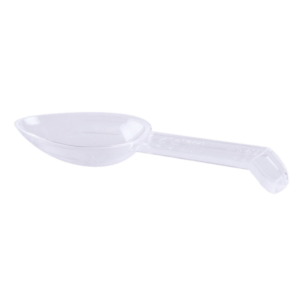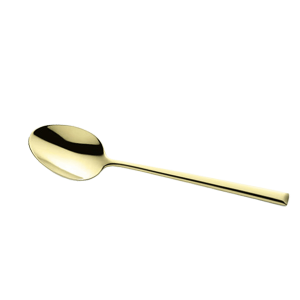
Women and Heart Failure: why the Symptoms are Different. And What You Can Do.
Fri 18 April 2025 by Lewis Wiggins
“I mainly felt tired and a bit nauseous. No chest pain, so I thought: it must be stress.”
It’s a story that doctors hear more often than they’d like. Heart failure in women is still too often missed: by those around them, by doctors, and by women themselves. Attention to this is necessary! Many symptoms are still not recognized as symptoms of heart failure. And this while cardiovascular diseases are the number one cause of death among women in the Netherlands.
The good news? You can do a lot to keep your heart healthy. And omega-3 plays an important role in this.
How Do You Recognize Heart Failure in Women?
The symptoms of heart failure in women often deviate from the classic picture. Do you think of severe chest pain and radiating pain in the left arm with a heart attack? In women, the signals can be more subtle (but just as dangerous):
- Extreme fatigue without clear cause
- Shortness of breath with light exertion
- Nausea, sweating or dizziness
- Pressing feeling in the upper abdomen, back or jaw
- Unexplained anxiety or restlessness
Precisely because these complaints can also fit with other things (stress, menopause, fatigue), they are not always taken seriously. But your body doesn’t give signals for nothing. If you’re in doubt: always have it checked by a doctor. Better once too often than too late!
Why Women’s Hearts React Differently
Women have on average smaller coronary arteries than men. Hormonal fluctuations (such as around menopause) also affect the vessel wall, blood pressure and fat metabolism. Stress in women more often works through the autonomic nervous system, which can lead to a “silent” infarction, without acute pain.
Moreover, the female body is more sensitive to inflammation in the blood vessels. This makes the right lifestyle and nutrition extra important.
What Omega-3 Does for your Heart Health
Omega-3 fatty acids, such as EPA and DHA from fish oil, support the heart on multiple fronts. Below you can see what a daily dose (minimum 250 mg) can mean for you:
Support of Heart Function
EPA and DHA contribute to the normal functioning of the heart.
Lowering Triglycerides
A high triglyceride level in your blood increases your risk of heart disease. Omega-3 helps to naturally lower this fat level.
Impact on Cholesterol
Omega-3 doesn’t have a big effect on bad LDL cholesterol, but it does slightly increase good HDL cholesterol. It helps balance your fat metabolism and reduces fat storage in your vessel walls.
Less Inflammation, Better Blood Flow
Omega-3 has an anti-inflammatory effect: crucial in preventing atherosclerosis. It keeps your blood vessels flexible and supports healthy blood circulation.
How to Keep your Heart Healthy, without Stress
A healthy heart doesn’t require a perfect life, but conscious choices. And that doesn’t have to be complicated. Think of:
- Move daily, even if it’s just 30 minutes of walking or cycling
- Eat heart-friendly: whole grains, lots of vegetables, nuts, legumes and fatty fish
- Limit stress moments: take small breaks, breathe deeply
- Stop smoking, limit alcohol
- Choose a high-quality omega-3 supplement if you eat little or no fish
One Spoon a Day for a Strong Heart
Möller’s Omega-3 contains an optimal combination of EPA, DHA and vitamin D. In one spoonful you get the right amount to support your heart, brain and immune system.
Whether you’re in a busy phase of life or consciously working on healthy aging: your heart deserves attention. Every day.
One spoon of Möller’s a day; A Spoonful of Life.




